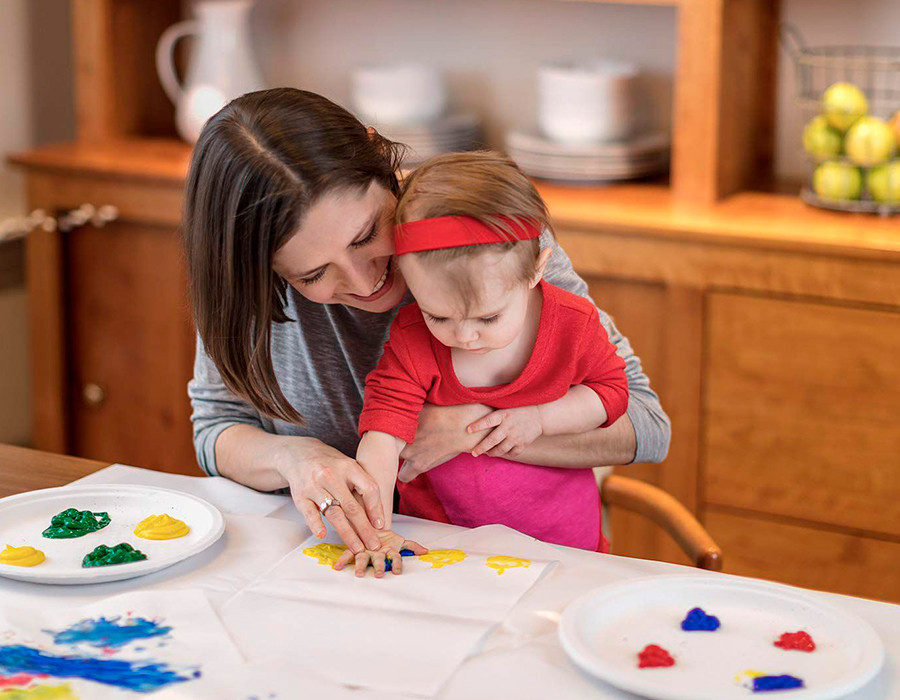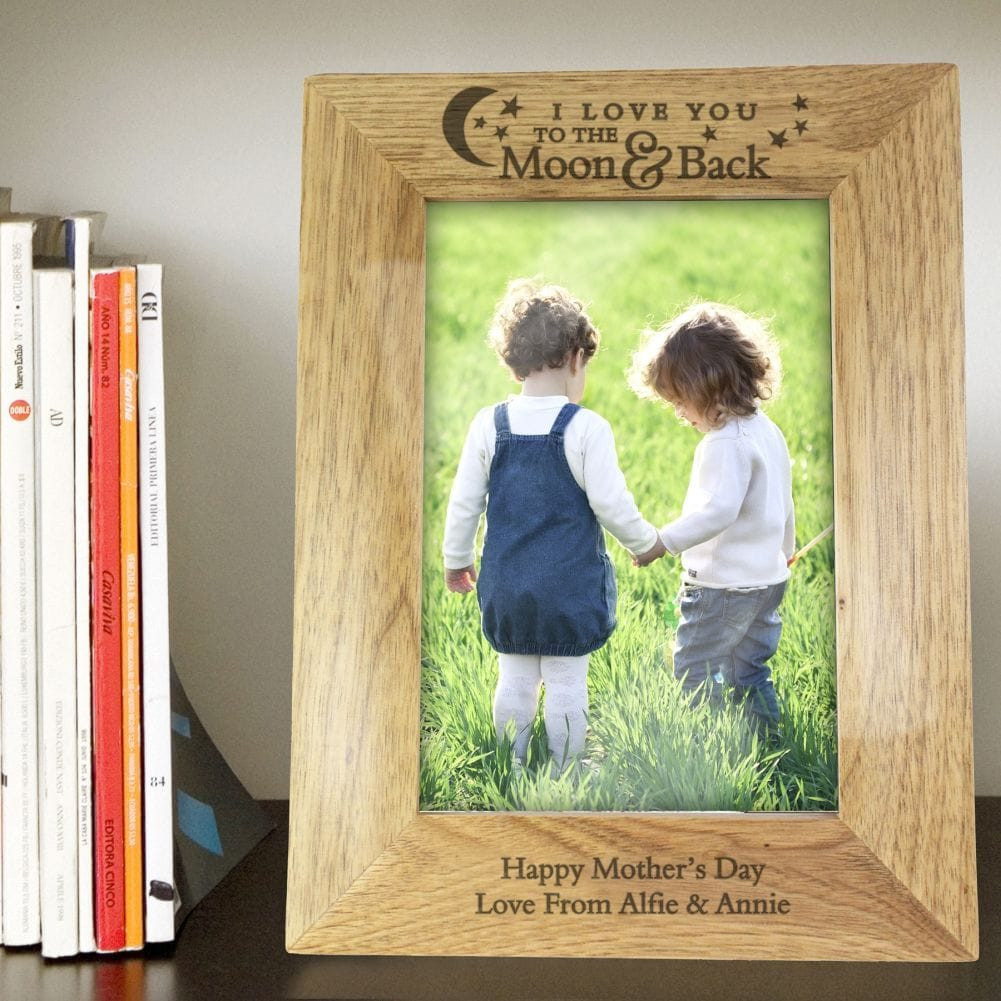Navigating the World of Gift-Giving for Children Under 3: A Comprehensive Guide

Key Considerations for Gift Selection:
Developmental Focus:
Emphasize the child's age-appropriate developmental needs. Children under 3 should be encouraged to develop their motor skills, sensory perception, and fine motor coordination.
Purposeful Selection:
Evaluate the purpose of the gift in terms of the child's development. Ask yourself, "How will this aid their growth and learning?" Avoid gifts that lack a clear developmental objective.
Quality Matters:
Regardless of the gift's cost, prioritize quality. Children's toys should be safe, durable, and pleasant to touch. Substandard materials or craftsmanship can pose safety risks.
Gifts to Avoid:
Here's a list of gifts to steer clear of:
Low-Quality Toys: Opt for toys made from safe, durable materials and backed by safety certificates.
Overly Stimulating Toys: Avoid excessively bright and noisy toys, as they can overwhelm young children.
Complex Interactive Toys: Toys with numerous features can confuse rather than engage young children.
Unrealistic Characters: Be cautious with toys, books, or stories featuring unrealistic characters that might lead to confusion or misunderstandings.
Inappropriate Sizes: Gifts that are too large or too small for the child's age can be unsafe or frustrating for them.
Educational Gifts by Age:
Up to a Year:
A set of balls of various shapes and sizes and wooden rattles can help develop grip, hand movements, and sensory experiences.
Beads and a toy for pushing balls can enhance sensory perception and cause-and-effect understanding.
Rings and pyramids for children who can sit confidently develop hand control and coordination.
From 1 to 2 Years:
A sorter encourages fine motor skills, cause-and-effect understanding, attention, and shape recognition.
Sets of realistic animal figurines foster memory, vocabulary, and introduce the child to the natural world.
Puzzles with holders or contour puzzles are suitable for enhancing problem-solving skills.
From 2 to 3 Years:
Constructive toys like Lego, wooden or magnetic sets stimulate fine motor skills and logical thinking.
Toys with locks and large beads for stringing improve hand-eye coordination and cause-and-effect understanding.
A set of dolls in various sizes hones twisting, gripping, and attention skills.
When selecting a gift for a child under 3, prioritize items made from high-quality materials and designed to promote their developmental milestones. Consider their age, interests, and cognitive growth, and choose gifts that offer them a stimulating and enjoyable learning experience. Your thoughtful gift can contribute significantly to their growth and development during these formative years.

